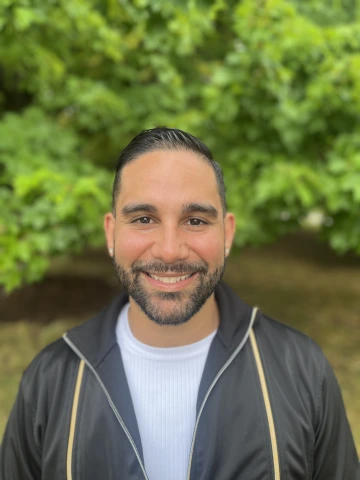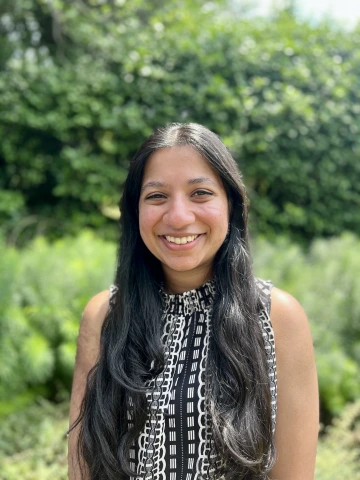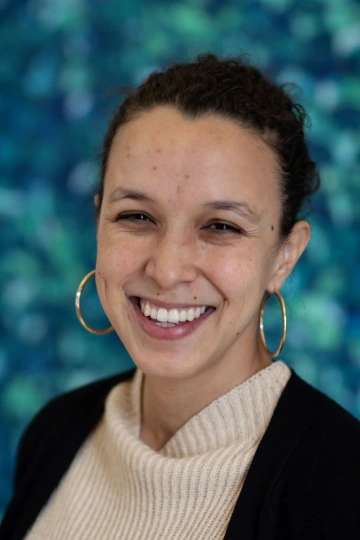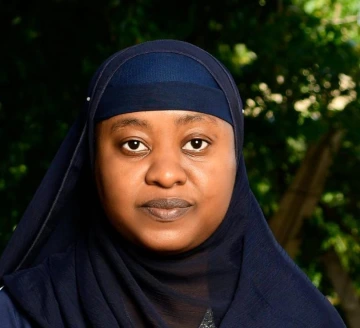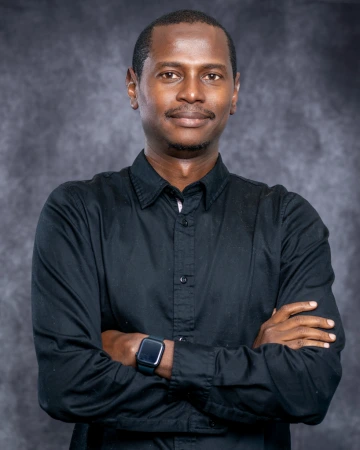Global Health Emerging Scholars Fellowship Program
The Global Health Emerging Scholars (GHES) Program is part of the NIH Fogarty Global Health Programs for Fellows and Scholars.
*Applications for the 2025–2026 Fellowship Year Are Now Open! Apply by October 1, 2025.*
The Global Health Emerging Scholars (GHES) program is a 12-month mentored global health research training fellowship at select institutions in low-and middle-income countries (LMIC). GHES was established in 2012 and is comprised of four US partner institutions – Yale University, the University of California at Berkeley, Stanford University, and the University of Arizona – that together have collaborations in 16 LMICs representing Africa, Latin America, the Caribbean, South and Southeast Asia, the Middle East, Eastern Europe, and Oceania.
The program is designed for pre- and post-doctoral trainees from the U.S. and post-doctoral trainees from collaborating LMICs who are dedicated to pursuing a career in global health and want to gain a solid scientific research foundation in a collaborative environment to develop into productive, independent researchers in global health. GHES offers hand-on opportunities to conduct research projects relevant to the health priorities of stakeholders and partners at established medical and research institutions and project sites in collaborating LMICs while being mentored by dedicated experts.
GHES is one of seven consortia funded by the Launching Future Leaders in Global Health (LAUNCH) training initiative. The program is sponsored by the Fogarty International Center (FIC) and several collaborating Institutes and Centers at the National Institutes of Health (NIH).
Mission Statement
The mission of the GHES program is to train new communities of researchers, educators, and professionals who are prepared to address emerging global health challenges. The program has historically focused on health challenges that arise from rapid urbanization and poverty prevalent in the world’s growing informal settlements, commonly known as slums. Rather than address one disease at a time, our program uses a comprehensive, multidisciplinary, and integrated approach to training and research to tackle the complex health issues common in these settings. We encourage research on the challenges of delivering accessible and high-quality healthcare within resource-limited settings and research on interventions that promote the effective management of scarce resources and innovative solutions to improving health services. Chronic and noncommunicable diseases, HIV/STIs and other infectious diseases, environmental health, maternal and child health, intentional and unintentional injuries, trauma, and mental health are additional areas of research supported under this program.
Eligibility Summary
The GHES Fellowship is open to the following applicants:
U.S. Postdoctoral Fellows:
- Must have a doctoral or health professional degree (e.g., PhD, MD, DrPH, DVM) by July 1 of the fellowship year.
- Must be within five years of completing their terminal degree or clinical training.
- Must be a U.S. citizen or permanent resident from any accredited U.S. institution.
- Must have a professional relationship with a GHES faculty mentor at Stanford, UC Berkeley, Yale, or University of Arizona.
- Must be able to spend 10–12 months at a collaborating LMIC site.
U.S. Predoctoral Fellows:
- Must be currently enrolled in a doctoral or health professional degree program.
- Must have passed qualifying exams by the time of application.
- Must be a U.S. citizen or permanent resident from any accredited U.S. institution.
- Must have a professional relationship with a GHES faculty mentor at one of the four partner institutions.
- Must be able to spend 10–12 months at a collaborating LMIC site.
LMIC Postdoctoral Fellows:
- Must hold a doctoral or health professional degree and be within five years of completion of their terminal degree or clinical training.
- Must be a resident of one of the 16 collaborating LMICs.
- Must be affiliated with, or have a professional relationship with, GHES faculty at a collaborating LMIC or U.S. partner institution.
- LMIC applicants are not eligible for predoctoral fellowships.
Learn more about how to apply and see if you're eligible by visiting the main GHES website. If you are interested in applying as a University of Arizona GHES Fellow, please contact the UA-GHES team below prior to submitting your application to ensure you have the necessary support and required materials.
Questions? Please contact: Purnima Madhivanan, UA GHES Program Director and PI (pmadhivanan@arizona.edu); Brian Dodge, UA GHES Associate Program Director (bmdodge@arizona.edu); Roxanna Apaez, Program Manager (rapaez@arizona.edu)
University of Arizona 2024-2025 Program Fellows
PREDOCTORAL STUDENT SCHOLARS
University of Arizona 2023-2024 Program Fellows
PREDOCTORAL STUDENT SCHOLAR
LMIC POSTDOCTORAL FELLOW
POSTDOCTORAL FELLOW
Program Faculty
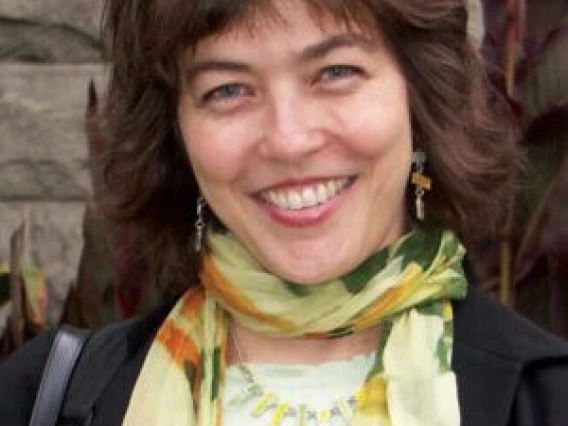
EVA HARRIS, PHD
GHES UC Berkeley Program Director
Professor, Infectious Diseases and Vaccinology
UC Berkeley
eharris@berkeley.edu
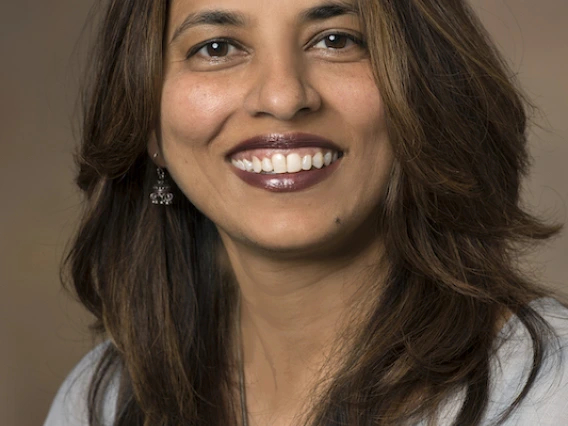
PURNIMA MADHIVANAN, MBBS, MPH, PHD
GHES University of Arizona Program Director
Associate Professor, Health Promotion Sciences
Zuckerman College of Public Health
University of Arizona
pmadhivanan@arizona.edu
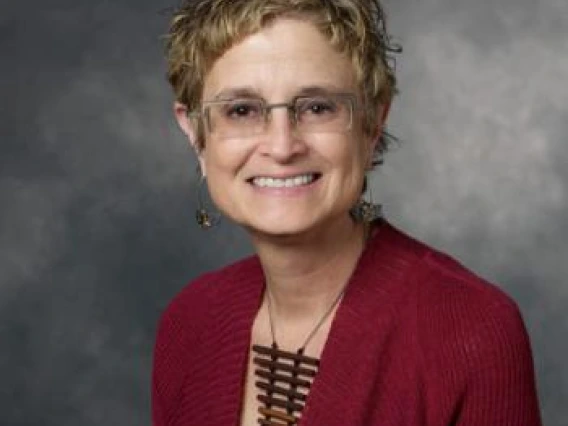
MICHELE BARRY, MD, FACP
GHES Stanford Program Director
Senior Associate Dean Global Health
Professor of Medicine
Stanford University
michele.barry@stanford.edu
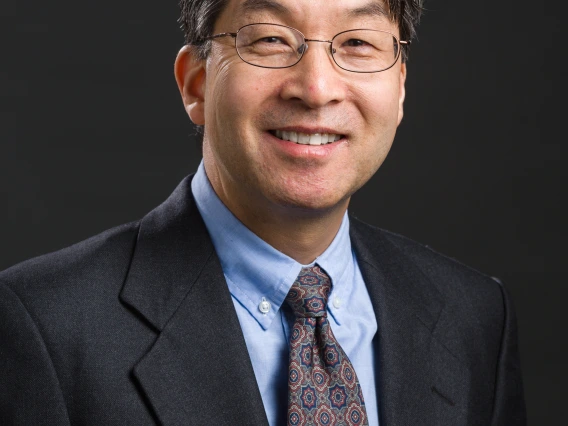
ALBERT KO, MD
GHES Yale Program Director
Chair, Epidemiology of Microbial Diseases
Professor of Medicine
Yale School of Public Health
albert.ko@yale.edu


